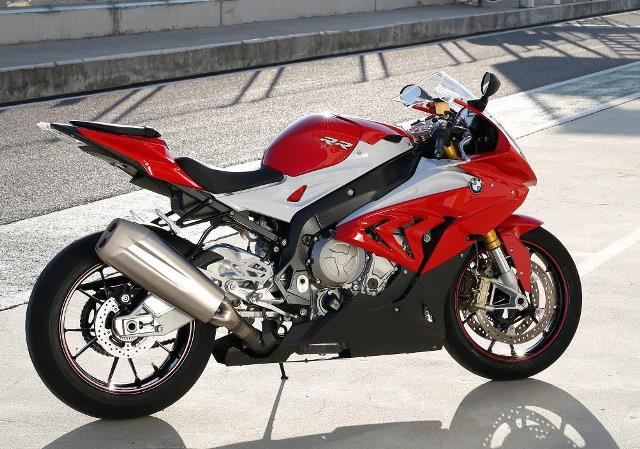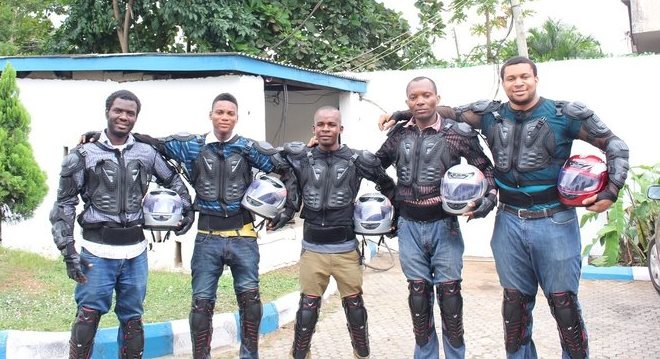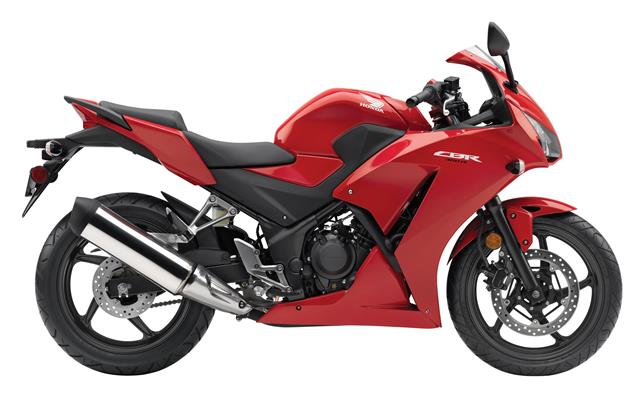Finding people’s homes in Nigeria is a nightmare. Zip Codes don’t exist. House numbers are random. In poorer areas of the city, there’s no such thing as urban planning. Houses are built wherever people can find a plot of land, for example. And many parts of the city aren’t mapped out on GPS. Then of course, there’s the traffic. So imagine how tough it must be to be a delivery person for one of the country’s new e-commerce websites. A customer might order, say, a supply of diapers. Delivery might be promised within three days. Only the diapers arrive a day late — because the couriers simply couldn’t locate the house.
That’s a story that Adetayo Bamiduro and Chinedu Azodoh, two Nigerian tech entrepreneurs who met at MIT, have heard many times before in a dozen different ways. Like many of their peers in Lagos’ booming tech scene, Bamiduro, 32, and Azodoh, 26, wanted to use technology to not only fix the problem, but also address social issues in Nigeria — specifically its high youth unemployment rate.
And that’s how Metro Africa Xpress was born. The app connects motorcycle drivers to Nigerian e-commerce companies to deliver goods to customers in less than three hours — a time frame unheard of before then. In the process, they hope to create a skilled, forward-thinking labor force.
Over the past three years, the e-commerce industry in Africa has skyrocketed, thanks to a handful of online retailers like Jumia and Mall for Africa and a growing middle class. But a big bottleneck is getting the product from the transportation hub to a customer’s doorstep, a term called “last-mile delivery” in the biz. From the duo’s research, they found that a whopping 50 percent of deliveries in Nigeria were late.
The MAX app, which Bamiduro and Azodoh developed with a team at MIT, alerts the nearest available driver — called a “MAX Delivery Champion” — to a customer order on demand, much like Uber. This helps ensure the drivers find and fulfill delivery jobs quickly and efficiently.
They combine Google Maps data with the street smarts of their local drivers. When a champion delivers a package to a new place, they tag it in MAX’s customized mapping software for future reference. the six-month-old company’s 23 drivers are delivering an average of 150 packages a day in Lagos. They work with more than 300 online retailers to serve as a cheaper alternative to global delivery services like UPS or DHL. They’ve dropped off passports, jewelry, letters, dress shoes, and $200 in cash.
Over the next few months, the partners hope to expand to two other cities in Nigeria, adding 1,500 employees to their network. In the next five years, they aim to be in Ghana, the Ivory Coast and Senegal, creating a total of 20,000 more jobs.
Source: NPR





Leave a Reply